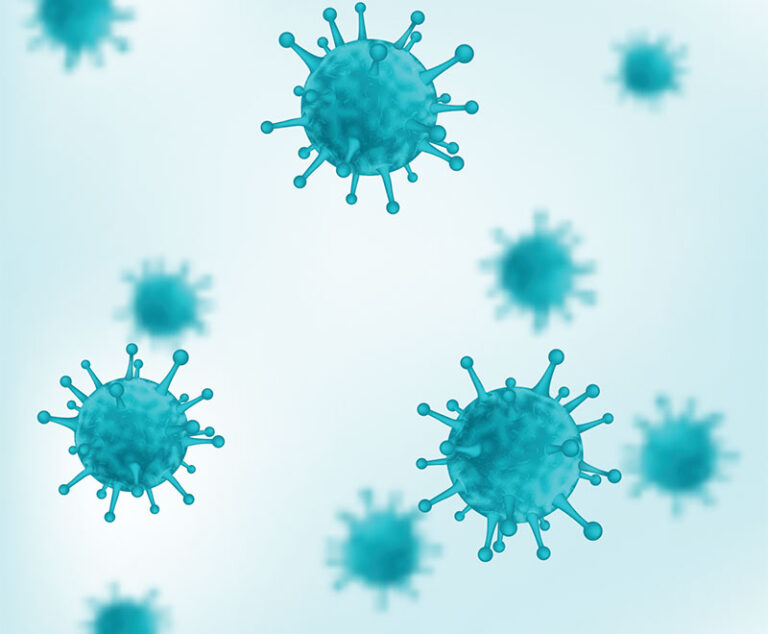Industry News
Research, Science & Manufacturer Updates
Influenza Articles
Researchers at the University of Nottingham in England have found evidence that being in a positive mood when receiving an influenza (flu) vaccine can increase its protective effect.
In an effort to understand how current influenza vaccines are influenced by preexisting immunity in people of different ages, researchers vaccinated volunteers ages 18 years to 85 years with split, inactivated Fluzone influenza vaccine in four consecutive seasons from 2013 to 2016, and assessed the impact of repeated vaccination on breadth and durability of antibodies as a result of vaccine strain changes.
A new study conducted by the Centers for Disease Control and Prevention shows that during the years 2010 through 2014, the influenza vaccine reduced the risk of flu-associated death by half among children with underlying high-risk medical conditions and by nearly two-thirds among healthy children.
Study results from the division of oncology at University Hospital Basel in Switzerland show that patients treated with PD-1/PD-L1 checkpoint inhibitors may be at an increased risk for adverse events after receiving the seasonal influenza vaccination.
Researchers have identified a peptide in the mucus secreted by a South Indian frog that can kill certain types of flu viruses.
A new study shows that babies of pregnant women who get the flu or who are vaccinated against the flu do not have an increased risk for Autism Spectrum Disorder.
Research conducted at the University of Texas at Austin found that how the influenza (flu) vaccine produces antibodies to protect against disease could be used to improve the vaccine.
A new study found that seasonal flu vaccines work better if they stimulate an immune response to the flu surface protein neuraminidase.
Researchers found that flu vaccines are more effective when given in the morning because patients’ immune systems are capable of producing more antibodies in response to the vaccine in the first part of the day.
Preliminary overall 2015-16 influenza vaccine effectiveness was 59 percent, according to the Centers for Disease Control and Prevention.
A U.S.-Chinese research team pooled the results of four published studies that show among 445 people infected with either swine flu or H5N1 bird flu, those with a variant of a gene called IFITM3 were 24 percent more likely to have suffered a severe infection.
Two studies presented at the International Conference on Emerging Infectious Diseases show that the influenza vaccine can protect for six months, last throughout the flu season and reduce hospitalization in children.











